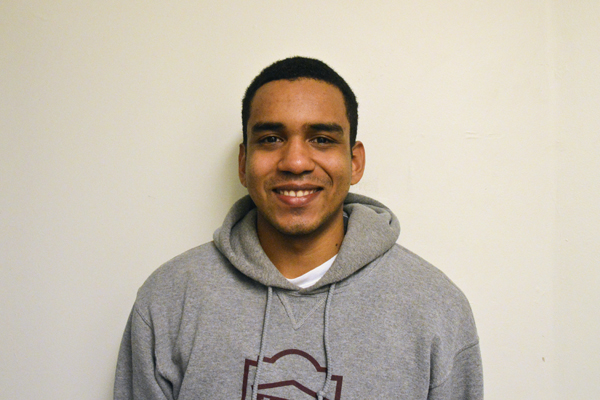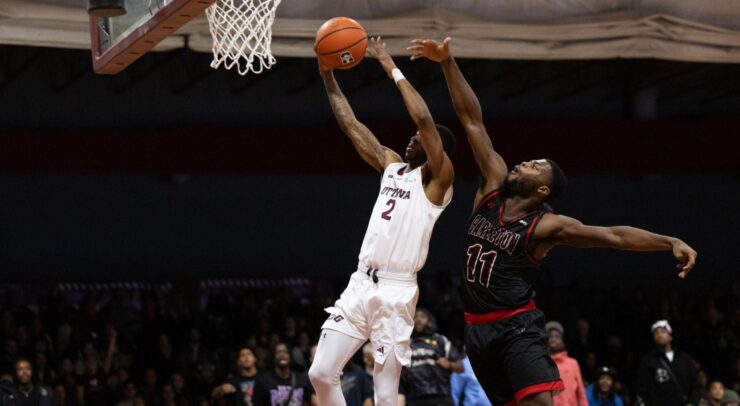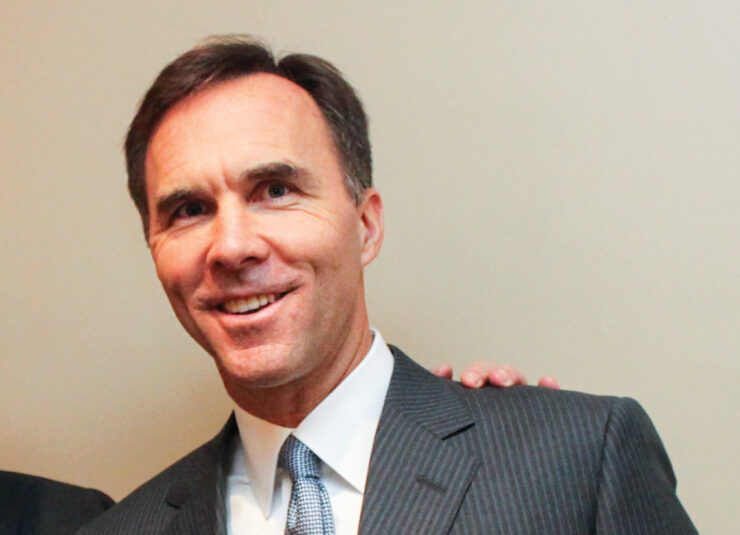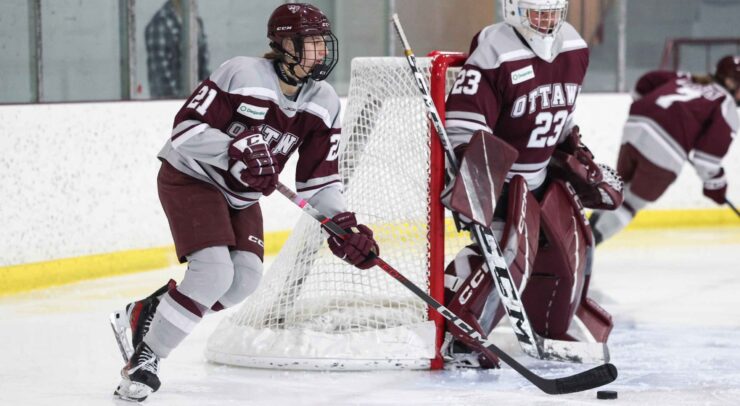Look no further than the nation’s reaction to the Olympic women’s hockey team winning gold against our American neighbours, or an entire nation waking up at sunrise to witness our men defeat the Swedes in the gold medal game —hockey brings tremendous joy to millions in our nation.
But the heartbreaking loss of Terry Trafford has shown us that all this passion doesn’t always have the positive outcome we expect it to have.
I didn’t know Trafford personally, so I can’t speak to why he took his life following his suspension from the Michigan’s Saginaw Spirit on March 3. We know that Trafford dealt with depression throughout his short life and his death had me taking a step back to consider the pressure we put on young hockey players as a result of our passion for hockey.
We tend to forget that the dream to make the NHL is sometimes forced upon players at an early age by parents hoping their kids can live out their unfulfilled dreams, or parents who forget that hockey is, at its core, just a game. And it’s not just parents — the pressure also comes from the media. How many times have we heard Don Cherry telling kids that’s how things are supposed to be done if you want to make it in the league?
The pressure from the media goes hand in hand with their sometimes excessive coverage of hockey, regardless of the level. These days the trade deadline in the NHL is practically a national holiday for hockey fans, and the promotion behind these trade deadline shows is ridiculous, especially when you consider that more often than not, there aren’t any “big trades” on deadline day.
What’s more ridiculous is how networks try to showcase hockey as bigger and more relevant than any other sport.
I remember when the Miami Heat won their second championship, TSN showed two small highlight reels and a compilation of post-game reactions. In total, they couldn’t have spent more than 10 minutes on the NBA Finals. Following that, other than a few baseball highlights, the show was mostly dedicated to a Hockey Canada summer camp for young prospects. The highlight reel of their scrimmage lasted longer than the one of Lebron James winning his first NBA championship.
Take the World Junior Ice Hockey Championships as a prime example of the near exploitation of young hockey prospects. TSN, Sportsnet, and a slew of other media outlets treat the World Juniors as if it were professionals playing. Yes, some of the players in the tournament might play in a professional league, but that shouldn’t subtract from the fact that they are all kids. We expect ourselves to be the best nation at any competition, but must we tarnish the names of young athletes, some of which who just received their driver’s licence? Next time Team Canada does not perform well at the World Juniors, look at Twitter, web forums, and articles for comments about the tournament. The vitriol aimed at the young men who proudly represent us to the best of their ability is sickening.
We need to re-focus our passion for the sport in order to avoid a stigma in hockey culture. I played hockey as a kid. I was far from being the next Jarome Iginla, but whether we won a tournament or lost a game 11–0, whether I scored a goal (on the rare occasion it happened) or spent time in the penalty box (that happened quite a lot), I knew at the end of the day that it was just a game. I understand that for some it is a way of life, I know that for some, hockey is their life, but we have to understand that, regardless of a player’s prospects, their love of the game and the fun they have playing it is what it’s really all about.
Toning down the expectations of these kids could go a long way toward improving the state of hockey. On too many occasions the junior system has spit out some of our brightest talent and minds because they couldn’t live up to the hype. When these young men who never make it into the NHL are done their careers in their early 20s, it can sometimes feel like a death sentence.
I’m not the only one who thinks the hockey system needs an overhaul. The death of Terry Trafford has brought many of my ilk out of the woods, most notably Gregg Sutch, a former line mate of Trafford and World Juniors participant. His article on Yahoo echoes my sentiment and talks about the difficulties of making a life after hockey. If you won’t listen to a university student, maybe you’ll listen to someone who has actually played the game.
We need to remember that there are people behind our nation’s favourite sport. While it’s great to take pride in our successes, we need to offer support to the people who work tirelessly for the love of the game, win or lose.








